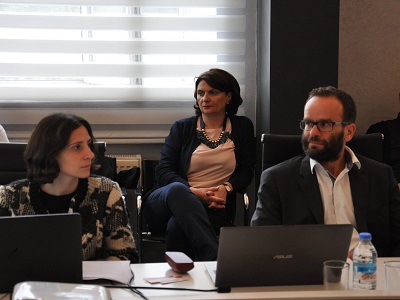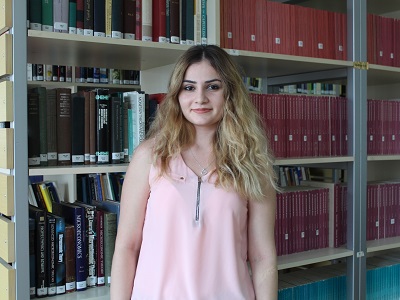- Details
Vocational education and training (VET) reform has been at the top of the reform agenda in Georgia for several months. The government authorities perceive reforming VET as a solution to a range of interconnected challenges the country faces, such as labor market mismatches, the “over-education” trap and high unemployment, as well as poverty rates. To address those challenges, one of the strategies set by the government is to support entrepreneurial education in the VET system.
ISET is proud to announce that the very first step towards supporting entrepreneurial education was accomplished by the ISET team led by its President, Eric Livny. The task of the ISET team was to deliver proposals on how to improve the provision of basic entrepreneurial skills within the regular training. The team also explored ways in which to identify, select and incubate talented future entrepreneurs.
- Details
Laura Manukyan from Yerevan, Armenia, recently joined the ISET-PI team as a research assistant at ISET-PI’s Social Policy Research Center (SPRC).
Laura graduated in the summer of this year from ISET. She wrote her master thesis, titled “Rubinstein Bargaining at the Court”, on a game theoretic model of bargaining under supervision of Professor Florian Biermann. In her master thesis, Laura changes the famous game-theoretic model of bargaining that was proposed by Ariel Rubinstein in the early 1980’s. While in principle, Rubinstein’s sequential bargaining process could go on forever, in Laura’s model the bargaining ends exogenously after a finite number of stages, when – in case of unsuccessful negotiations of the players – a mediator makes a decision on how to resolve the conflict.












